Explore the limitless horizons of a Bachelor of Science (B.Sc.) in Aeronautical Science, uncovering the future scope and benefits of a career in the dynamic field of aviation.
Future Scope & Benefits for Bachelor of Science (B.Sc.) Aeronautical Science Course
A Bachelor of Science (B.Sc.) in Aeronautical Science is an undergraduate program designed for individuals who aspire to pursue careers in aviation and aerospace. This degree provides students with a solid foundation in aeronautical principles, flight operations, aircraft maintenance, and aviation management. In this article, we will explore the future scope and benefits of pursuing a B.Sc. in Aeronautical Science. A B.Sc. in Aeronautical Science typically spans three to four years and covers a comprehensive curriculum that includes subjects such as aviation technology, aerodynamics, aviation safety, aircraft systems, air traffic control, and aviation management. Students often receive hands-on training, and flight simulation experience, and may even complete flight hours to earn pilot licenses or certifications. The program prepares graduates for various roles within the aviation industry.
Future Scope of B.Sc. in Aeronautical Science
The field of aeronautical science offers a wide range of career opportunities, and B.Sc. in Aeronautical Science graduates can find themselves in demand across various sectors. Here are key areas where graduates can make significant contributions:
-
Commercial Pilot: Many graduates choose to become commercial pilots, flying passenger or cargo aircraft for airlines. They can start as first officers and work their way up to captain positions.
-
Aircraft Maintenance and Repair: Professionals in this field maintain and repair aircraft, ensuring that they are safe and in optimal operating condition. They may work for airlines, maintenance facilities, or aviation manufacturers.
-
Flight Operations: Graduates can work in flight operations, coordinating flight schedules, flight planning, and ensuring the efficient use of aircraft in commercial operations.
-
Air Traffic Control: Air traffic controllers are responsible for managing the movement of aircraft in airspace and at airports, ensuring safe takeoffs, landings, and in-flight operations.
-
Aerospace Engineering: Graduates interested in aircraft design and development can pursue careers in aerospace engineering, where they contribute to the design, testing, and improvement of aircraft and spacecraft.
-
Aviation Management: Professionals in aviation management oversee various aspects of airline and airport operations, including budgeting, staff management, and regulatory compliance.
-
Aircraft Sales and Brokerage: Some individuals may work in aircraft sales and brokerage, helping clients buy or sell aircraft.
-
Aviation Safety and Regulation: Graduates can work in aviation safety and regulation, ensuring that airlines and aviation-related organizations adhere to safety standards and regulatory requirements.
-
Unmanned Aircraft Systems (UAS) Operations: With the rise of drone technology, there are opportunities to work in UAS operations, including drone piloting, maintenance, and data analysis for industries such as agriculture, surveying, and filmmaking.
Benefits of Pursuing a B.Sc. in Aeronautical Science
Pursuing a B.Sc. in Aeronautical Science offers numerous benefits, making it an appealing choice for individuals passionate about aviation and aerospace. Here are some of the key advantages:
-
Career Opportunities: The degree opens doors to a wide range of career opportunities within the aviation and aerospace industry, allowing individuals to explore various roles and specialties.
-
High Earning Potential: Many careers in aviation, such as commercial piloting, aircraft maintenance, and aerospace engineering, offer competitive salaries and benefits.
-
Global Relevance: Aviation is a global industry, and skills acquired through this degree are internationally recognized, allowing graduates to work in various countries and regions.
-
Adventure and Travel: For those who become pilots, the career offers the excitement of flying and the opportunity to explore different parts of the world.
-
Technological Advancements: Graduates work with cutting-edge technology, including modern aircraft, flight simulators, and aviation software, staying at the forefront of technological advancements.
-
Problem-Solving Skills: Aviation professionals develop strong problem-solving skills, as they must make quick decisions in high-pressure situations.
-
Safety Focus: Safety is paramount in aviation, and graduates are trained to prioritize safety in all aspects of their work, making it a valuable skill in various contexts.
 3 Years
3 Years
 Under Graduate
Under Graduate
 Science
Science
 Full Time
Full Time

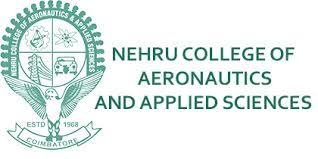
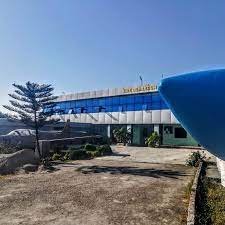

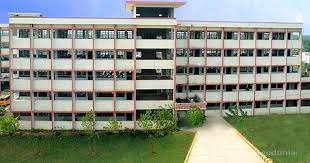

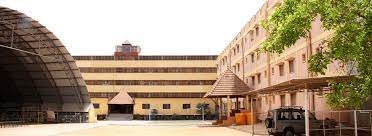



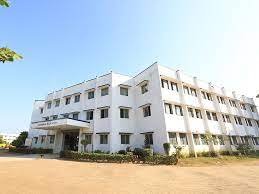

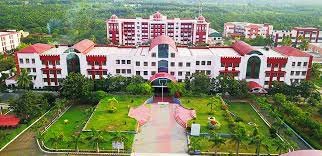

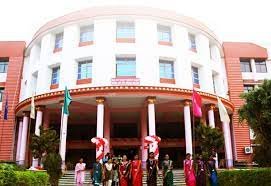

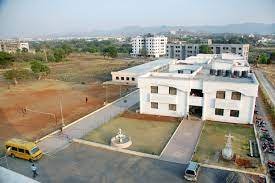
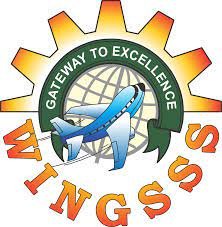
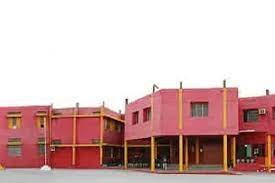


 back
back

